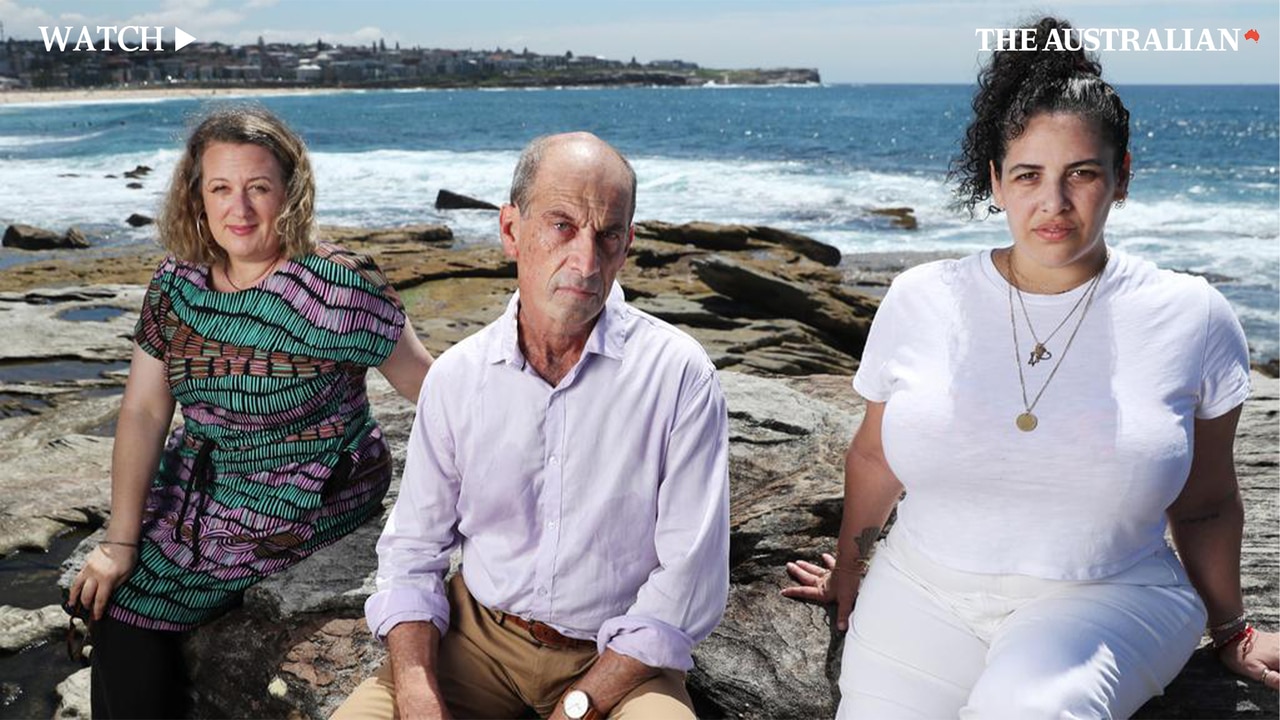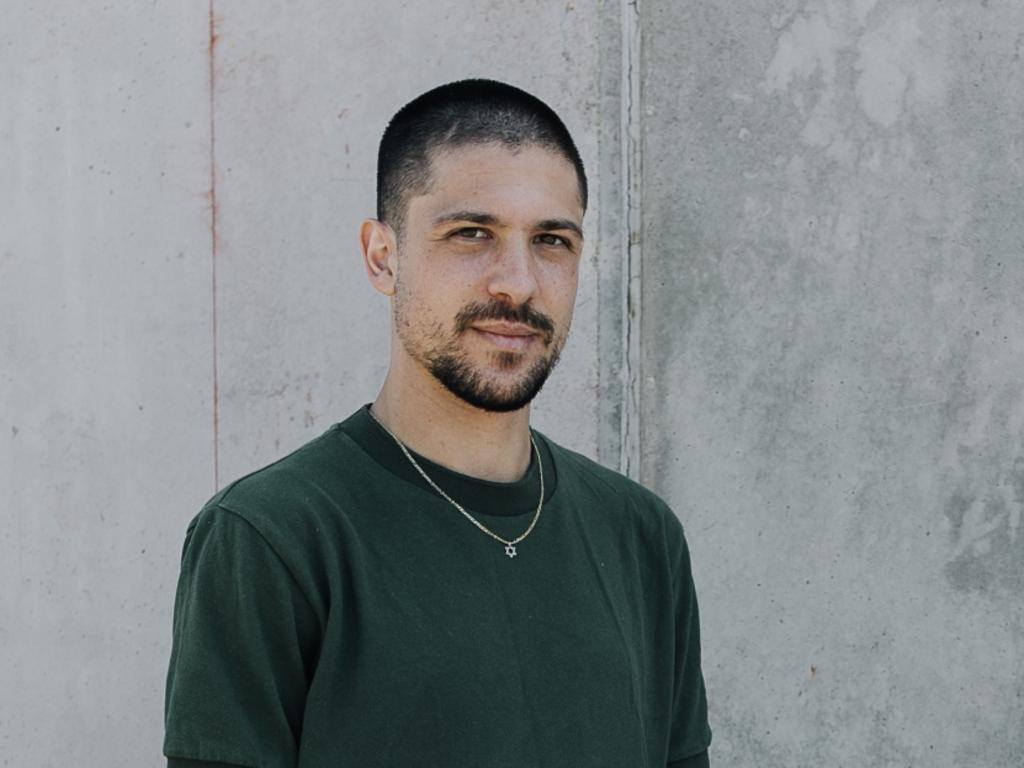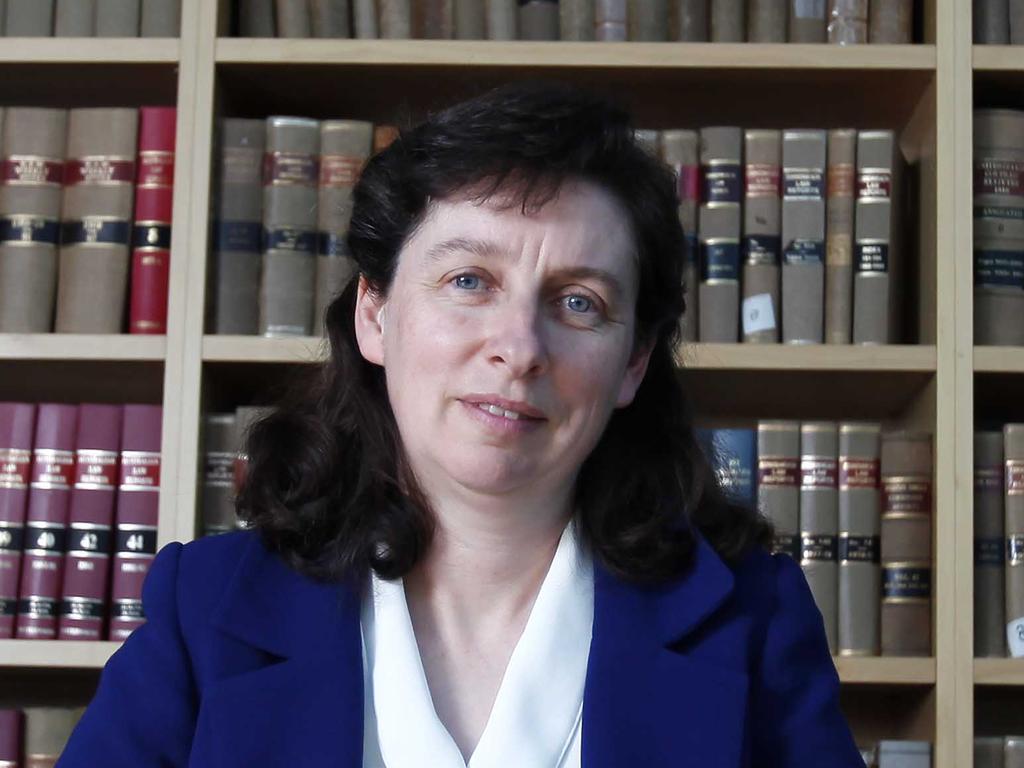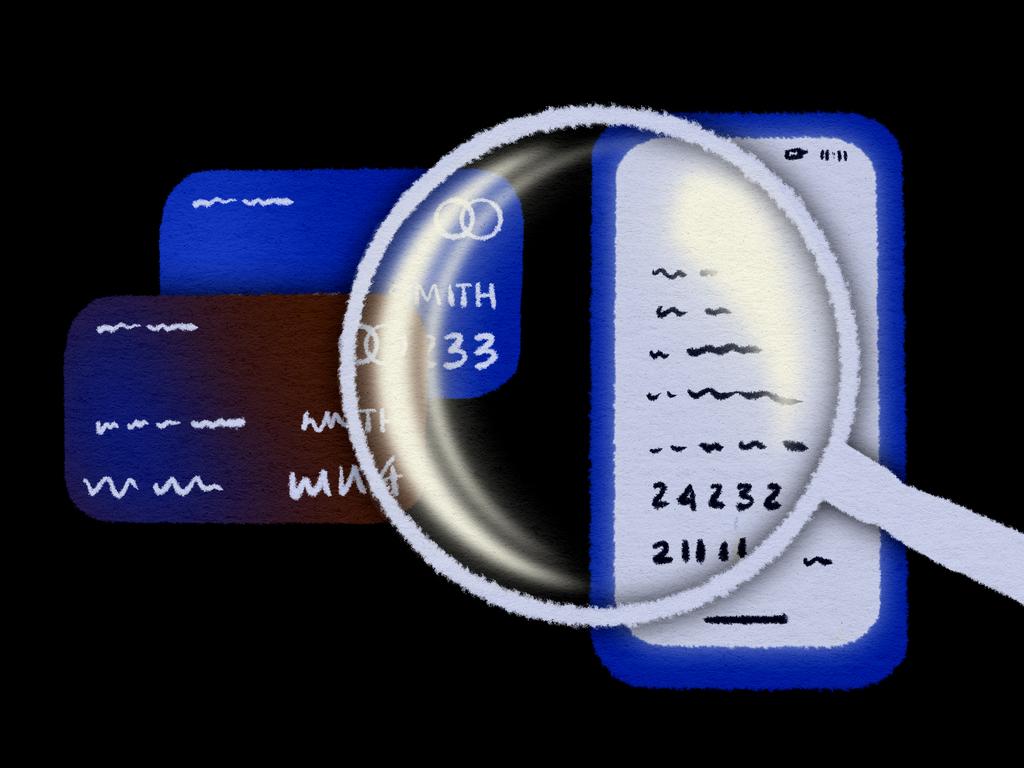How a leak by a New York Times reporter led to an anti-doxing uproar in Australia
Early this year members of a WhatsApp group for Jewish professionals were harassed after their chat thread fell into the hands of pro-Palestinian activists. Now it can be revealed how the leak happened in the first place.

Early this year, the contents of a WhatsApp group for Jewish creative professionals and academics, set up in Australia after the Oct. 7 attacks in Israel, leaked and fell into the hands of pro-Palestinian activists.
The activists posted snippets on social media, along with the names, photos and social-media page links of many of the group’s 600-odd members. Before long, members of the chat group faced online and in-person harassment — including threats and vandalism — repercussions that for some have continued several months later.
The incidents touched off a national debate in Australia, where the government subsequently said it would seek to curb doxing, the sharing of people’s personal details with malicious intent. Anti-doxing legislation is expected to be introduced in the country as soon as this month.
Throughout the crisis, it has remained a mystery how the chat thread leaked in the first place. The events were set in motion in January by a New York Times reporter, according to a Wall Street Journal review of the incident and statements from the Times.
The reporter downloaded about 900 pages of content from the chat thread and shared it with the subject of an article she had worked on. Later, the information wound up in the hands of the activists.

A Times spokeswoman said in a statement that the company reviewed the matter and took “appropriate action” against the reporter, Natasha Frost. “It has been brought to our attention that a New York Times reporter inappropriately shared information with the subject of a story to assist the individual in a private matter, a clear violation of our ethics,” the spokeswoman said. “This was done without the knowledge or approval of The Times.” Frost, who remains on staff at the Times, said in a statement provided by a company spokeswoman: “I shared this document with one individual. Its subsequent dissemination and misuse happened entirely without my knowledge or consent. I was shocked by these events, which put me and many others at terrible risk. I deeply regret my decision.” The Times reporter’s role in the chain of events that led to the harassment raises questions about the responsibilities of journalists to guard sensitive information they come across in their reporting, and the real-world consequences when such information leaks widely.
The repercussions of the leak could be significant. If Australia enacts a new law, it would follow a small number of countries that have made doxing explicitly illegal, according to Christoph Schmon, international policy director at civil liberties non-profit Electronic Frontier Foundation. In the U.S., there is no federal law against doxing, though privacy statutes provide some protections for victims, and a handful of states have proposed anti-doxing measures.

The war in Gaza has been a sensitive topic for many newsrooms. At the Times, publisher A.G. Sulzberger and Executive Editor Joe Kahn have been stressing the importance of reporters remaining impartial in their behaviours and setting aside their personal views, following incidents management deemed troubling, including the leak of materials related to Middle East coverage.
The WhatsApp group whose contents Frost leaked was created in late October 2023, and was intended to provide support in an environment of heightened antisemitism following the Oct. 7 attacks. It is made up of people with varying political, cultural and religious leanings. Some consider themselves Zionists, a word often used to describe Jews who are staunch supporters of Israel, while others don’t, according to members. Frost, who was invited to the group in early November, was among its earliest members.

While a group administrator indicated in the chat that it wasn’t intended for political debates, there were instances when chat group members veered into advocacy. That included discussions on how to bring comments made by pro-Palestinian activists to the attention of their employers or publishers, when they were deemed by members to be antisemitic.
In December, some members of the group shared a call-to-action to challenge the impartiality of Antoinette Lattouf, a writer who had been given a five-day gig hosting a radio morning show for the Australian Broadcasting Corporation. Members of another WhatsApp group, for Jewish lawyers, also engaged in a similar effort.
The ABC cut the gig short, and in January, Frost co-wrote a story about the internal tensions around its decision. Lattouf has said that she was terminated unlawfully, while the ABC in a statement said her use of social media “had not complied with a direction,” which Lattouf has denied.
Lattouf declined to comment for this article.
Several days before the story, Frost texted an administrator of the WhatsApp group to say that she was leaving the group to avoid, among other things, any perception that she would violate the privacy of its members. She said it was likely she would write about Lattouf.
Around the time the Times story was published, some details from the WhatsApp group began to leak out online on a youth-focused news and entertainment site.
As more material from the chat began circulating via the pro-Palestinian activists, members of the WhatsApp group began to face harassment. Joshua Moshe, a shop owner and member of the group, said he and his wife started to get threatening phone calls and emails calling them baby killers and genocidal maniacs.
A woman who left an expletive-laced voicemail followed up with a text message showing a photo of their 5-year-old son, Moshe said. His family’s gift shop in northern Melbourne was vandalised several times, including with graffiti and stickers displaying a crossed-out Israeli flag labelled “boycott.” As traffic waned and they became more anxious, they moved the store to a new neighbourhood. Several months later, the threats have persisted, including abusive comments on the shop’s social posts.


The shop’s Google profile was edited by web users to add incorrect information regarding its location and hours of operation, an issue recently resolved by Google, according to Moshe.
Siana Einfeld, a high-school teacher at a Jewish school in Melbourne and another member of the group chat, said people called the school to tell them that she was “complicit in genocide.” She also received threats, prompting her to install security cameras in her home.
Both Einfeld and Moshe contacted the local police.
Another person in April filed a police report in Australia that mentioned Frost, according to a version of the report viewed by the Journal. “We are concerned that the information shared may make us targets for future terrorist attacks or lone-wolf attacks,” the person wrote in the report.
Administrators of the WhatsApp group also sent a note to the Times, since reviewed by the Journal, asking for help identifying the third party with whom Frost may have shared the contents of the group chat.
New rules under consideration in Australia include a criminal penalty for doxing, and giving people a civil option to act against others who dox them.
Free-speech experts say that protections against the publication of personal information may create positive change to prevent real harm. But they said that an anti-doxing law, if too broad, could interfere with legitimate gathering and dissemination of news.
The Australian government is committed to taking action to combat doxing, which would complement other reforms to strengthen privacy protections, Attorney-General Mark Dreyfus said in a statement.
“The idea that in Australia, someone should be targeted because of their religion, because of their faith … is just completely unacceptable,” Prime Minister Anthony Albanese told radio station 2GB in February. “This is not the Australia that we want to see.”
The Wall Street Journal



